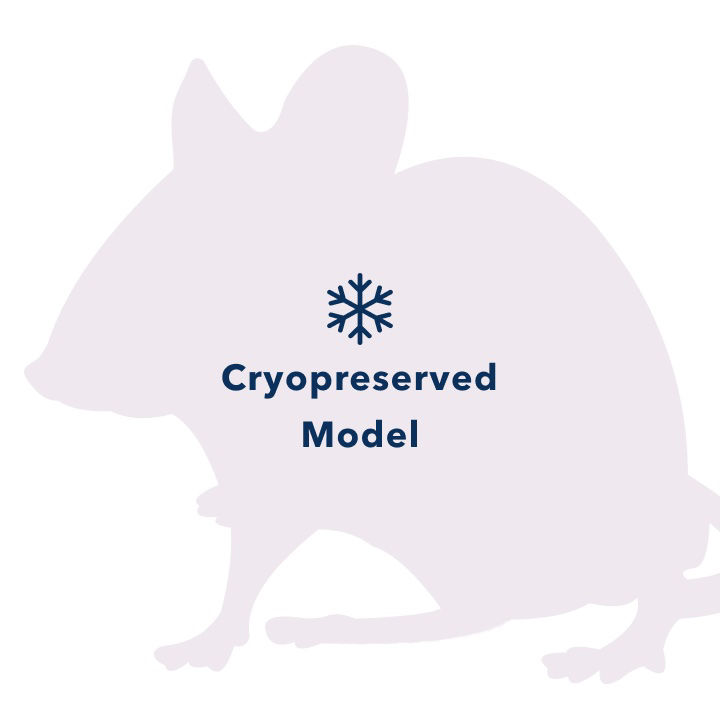Neuroscience Portfolio
Taconic offers a diverse portfolio of rodent models and services for neuroscience research. Get easy access to exclusive neurodegenerative disease-specific models, aged up to 40+ weeks, available at study-ready quantities. We combine scientific support from PhD scientists, extensive phenotyping data, and customized breeding and aging services to accelerate your neuroscience research efforts.
Timely Access to Neuroscience Models
A major challenge in neuroscience research and drug discovery is timely access to relevant animal models for use in screening drug candidates.
With access to the right model at the right stage of disease progression, your research projects can begin sooner and deliver actionable results faster. Through our models portfolio, active partnerships and custom services, we remove common challenges to accessing disease-specific models.
Taconic is the only vendor to empower customers to obtain key GEMs without an MTA or license fee.
Taconic offers a comprehensive toolkit of model generation methodologies and extensive colony management experience reduce time to cohort via rapid expansion.
Advance Parkinson’s disease, Alzheimer’s disease, and ALS research by leveraging translatable murine models.
What our customers say:
"Robust, well-validated pre-clinical models of Parkinson's disease are a necessary tool for understanding the biology and possible treatment of this complex disease. With dedicated project management and technical support, Taconic has been a reliable partner in The Michael J. Fox Foundation's efforts to provide the research community with important, field-enabling pre-clinical models. We look forward to continuing to partner with Taconic for custom model generation projects."
The Michael J. Fox Foundation
What our customers say:
"Taconic Biosciences has been an invaluable resource for the entire Alzheimer's disease (AD) research community. As an academic researcher that builds animal models of sporadic AD I cannot possibly supply the communities needs for these models but instead depend on Taconic to fulfill this role. My hope is that as new and improved models become characterized and validated that the research community at large will supply these models to Taconic to manage and distribute."
Patrick Sullivan, PhD, Associate Professor of Geriatrics at major university
- Section 2
- Section 1
How can we help you?
Fill out the form to connect with us:
Neuroscience Mouse & Rat Model Portfolio
- Familial Alzheimer's Disease Models
- Sporadic Alzheimer's Disease Models
- Parkinson's Disease Models
- Neuropsychiatric Disorder Models
- Amyotrophic Lateral Sclerosis (ALS) Disease Model
- CRE-Luc GPCR Reporter Mouse Platform
- Central Nervous System Trauma Model
- Brain Inflammation Model
Familial Alzheimer's Disease Models
Amyloid beta (Aβ) plaques and neurofibrillary tangles (NFTs) combined with deficits in learning and memory are hallmarks of Alzheimer’s Disease (AD). Understanding how plaques, tangles and neuroinflammation develop and discovering effective therapeutics that prevent these neurodegenerative processes are important factors for winning the battle against Alzheimer’s disease.
Taconic offers a variety of transgenic rodent models that develop plaques, tangles and neuroinflammation and which allow screening of novel drug candidates for treatments against Alzheimer’s and other neurodegenerative diseases.
Sporadic Alzheimer's Disease Models
Humanized Apolipoprotein E (APOE) mice
The Apoe gene is the strongest genetic risk factor for sporadic forms of late-onset Alzheimer Disease (AD). Taconic provides three humanized APOE mouse models that are useful for studying the role of human APOE polymorphism neurodegenerative disorders.
The association of specific APOE isoform expression with human neurodegenerative disorders has focused attention on the role of these APOE isoforms in lipoprotein receptor-dependent synaptic modulation. Targeting APOE and APOE receptor pathways represents promising therapeutic strategies to combat neurodegenerative diseases such as Alzheimer’s Disease.
APOE is a plasma protein involved in cholesterol transport with three human isoforms (E2, E3, and E4). Among the three isoforms APOE4 appears to drive amyloid pathology by inhibiting brain clearance of amyloid-β (Aβ) peptides and by promoting Aβ aggregation.
In the brain, APOE is primarily synthesized by astrocytes and microglia and is lipidated by the ABCA1 transporter to form lipoprotein particles. Lipidated APOE binds to soluble Aβ and facilitates Aβ uptake through cell surface receptors
Parkinson's Disease Models
Taconic offers several models (sponsored by The Michael J Fox Foundation) for the study of Parkinson's Disease.
Cryopreserved models
Neuropsychiatric Disorder Models
Copy number variations (CNVs) are a type of genetic structural variation involving deletions or duplications of specific and relatively large (>1 kb) regions of DNA. Geneticists now recognize that CNVs and other rare structural variants contribute to the genetic basis of common diseases and disorders, including autism and schizophrenia.
Taconic offers neuropsychiatric disorder CNV models that develop distinct neurological and behavioral phenotypes. These models can be used to screen novel drug candidates for treating schizophrenia, autism spectrum disorders, epilepsy, and other neuropsychiatric disorders.
ALS Rat Model
The SOD1 Rat has been used extensively for drug discovery and basic research into ALS.
CRE-Luc Reporter Mouse Platform
Taconic offers a panel of luciferase reporter mice to assay GPCR ligand binding and pathway activation in various tissues. Mice with CNS specific expression of CRE-Luc reporter can be used to isolate primary neurons (for in vitro studies) or for in vivo imaging studies to assay GPCR based signaling in the CNS. This platform can also provide rapid in vivo PK/PD profiling of compounds with quantitative data to compare pharmacological action.
Central Nervous System Trauma Model
Taconic offers the GFAP-Luc mouse which carries a luciferase reporter gene under the control of the GFAP promoter and provides an easy to use tool to study CNS damage. The reporter is inducible following injury to the CNS and the model is useful for studying changes in the health of the CNS.
Brain Inflammation Model
Taconic offers several models for use in Experimental Autoimmune Encephalomyelitis (EAE), which is widely studied as an animal model of CNS demyelinating diseases, including Multiple Sclerosis (MS) and acute disseminated encephalomyelitis.
Like MS, EAE is characterized by infiltration of immune cells into the central nervous system (CNS) and demyelination. The two most widely-used methods to induce EAE are:
- Active induction by immunization
- Passive induction through adoptive transfer
Read our Insight (below) to learn more about these approaches.
Custom Solutions for Neuroscience Research
Taconic Biosciences' globally-recognized scientific project managers support your custom model design project from design to delivery. Each custom model design project develops along an agile framework, letting you reassess and retarget your model fluidly as new data becomes available. You can pause or postpone projects at any time, or even "back up" project milestones via cryopreservation.
Model Generation Solutions & Breeding Services
- Model Acquisition
- Transition Mutant to Model
- Scaled Breeding
- Specialized Services
- Distribution
Colony Management Solutions
- Extensive Health Standard Options
- True Gnotobiotic Profiles
- Genetic Monitoring Programs
- Scientific Leadership & Success Team
- Custom Solutions for Every Partner
Featured Neuroscience Resources
Get In Touch
Book a complimentary consultation or get support for an existing order
If you need immediate assistance, please contact Customer Service:
Taconic Corporate Offices
Email: info@taconic.com
Phone: +1 (518) 697-3900
273 Hover Ave., Germantown, NY 12526
North American Customer Service
Email: info@taconic.com
Phone:
+1 (518) 697-3915
Toll-free:
+1 (888) 822-6642
Hours:
(Monday - Friday): 7 a.m. - 6 p.m. ET
European Customer Service
Email: info@taconic.com
Phone (Europe and Denmark):
+45 70 23 04 05
Phone (Germany):
+49 214 50 68 023
Hours: (Monday - Friday):
7 a.m. - 5 p.m. CET















.jpg)

.jpg)
.jpg)
.jpg)
.jpg)





.jpg)


.jpg)
.jpg)

.jpg)


.jpg)





.jpg)

.jpg)








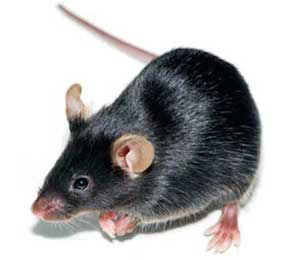
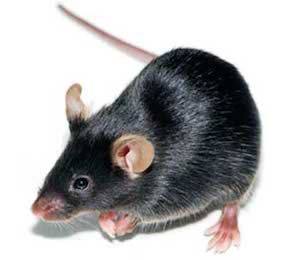
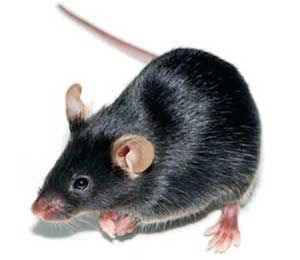
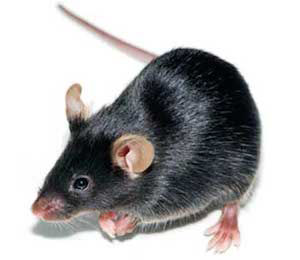






![Human 22q11.2 deletion [Df(h22q11)/+] mouse](https://assets.taconic.com/is/image/taconic/human-22q11-2-deletion-mouse-1?ts=1697829485784&dpr=off)
![Human 15q13.3 deletion [Df(h15q13)/+] mouse](https://assets.taconic.com/is/image/taconic/abb-h2-ab1-ezcohort-mouse-model-1?ts=1700165395609&dpr=off)
